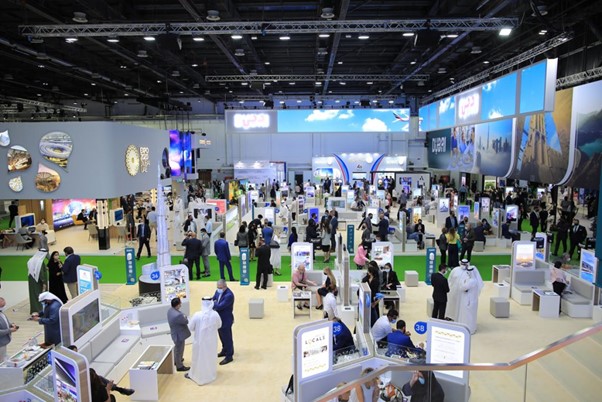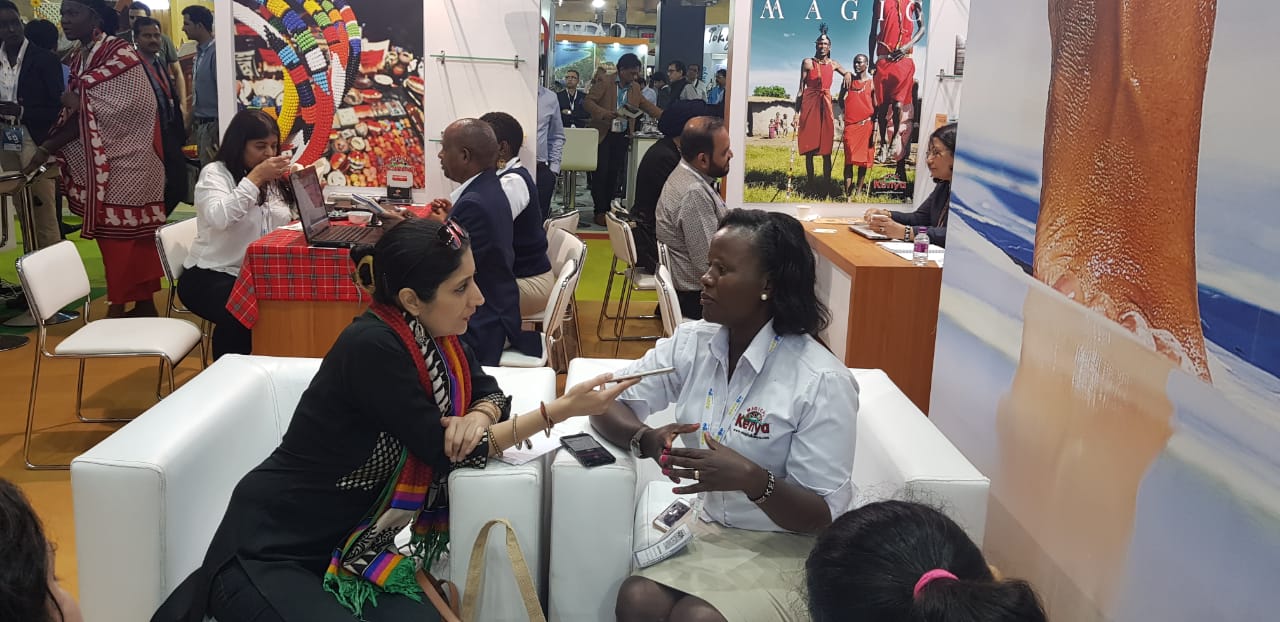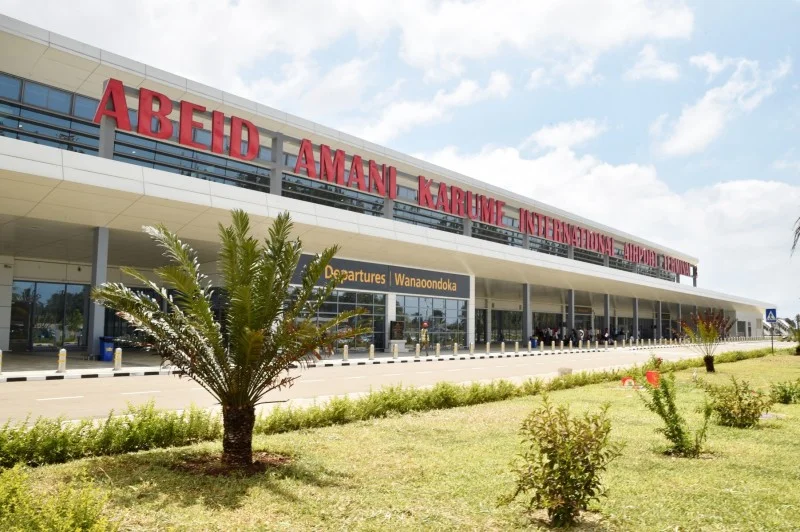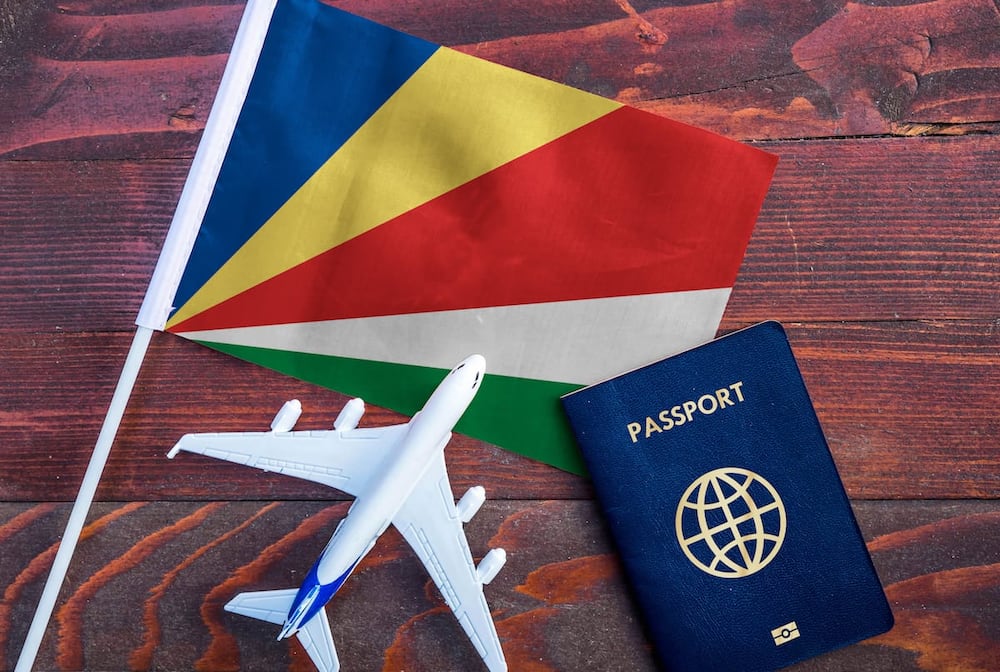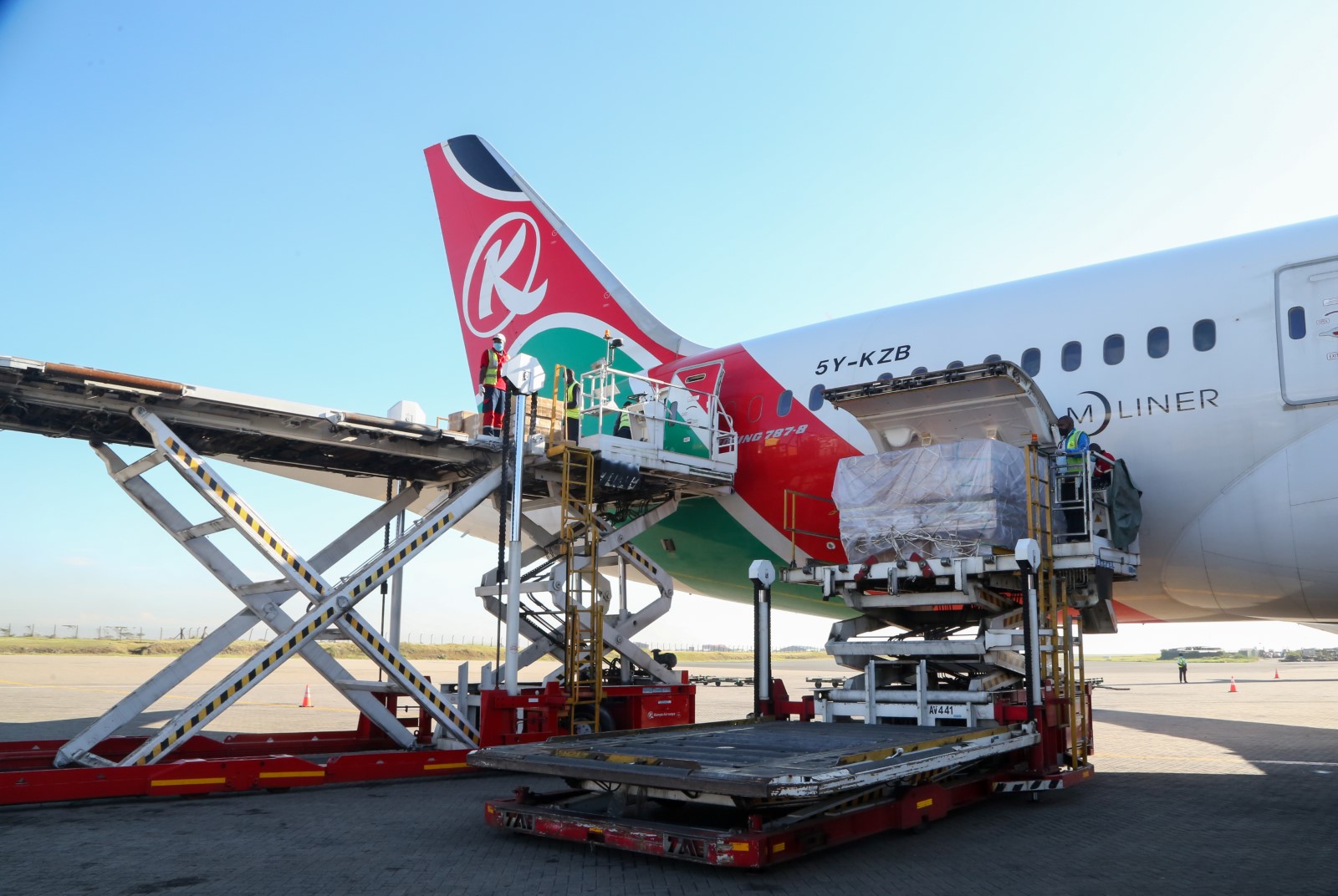Dubai: If you are a tourist in Dubai, getting around the city using public transportation is easy and affordable.
If you want to visit Dubai’s major hotspots, such as Burj Khalifa or Bluewaters Island, you have many transportation options, like taxis, Metro, Tram, and ferries.
Here is how you can reach these five famous attractions in Dubai using public transportation.
FIRST GET A NOL CARD
Before starting your trip, you must buy a nol card. You can buy it from the kiosks at every Metro station in Dubai.
As a tourist, you can either buy a red, silver or gold nol card.
Red nol card: The red nol card is a disposable ticket that can only be used once and on only one mode of transport. It costs Dh2, and you must top it up with the necessary balance for your trip.
Silver nol card: If you are planning to travel to multiple locations and use different modes of transport, the silver nol card is the right choice. It costs Dh25 (with Dh19 that can be spent on services) and is valid for five years.
Gold nol card: If you want an upgrade, the nol gold card allows you to access the Gold Class cabins on Dubai Metro and Dubai Tram. To get the card, you need to pay Dh25 (with Dh19 that can be spent on services). It is also valid for five years and can be used on all transport services and other payments like the nol silver card.
However, a trip will cost you more when using the gold card, compared to a silver card. For example, if you travel within one zone, a trip costs Dh3 if you use a silver card and Dh6 if you use a gold card.
According to RTA, a minimum card balance of Dh7.50 is required for a one-way trip.
Dubai public transport app – S’hail
The S’hail app from RTA, which is available for both Apple and Android devices, allows commuters to plan their journey in Dubai using public transportation in Dubai and gives them an estimated cost of the trip.
The app also provides details on the bus, Metro, Tram or abra (or other marine transport options) you can take within Dubai to reach your destination.
1. Burj Khalifa
Seeing the Burj Khalifa and breathtaking Dubai Mall fountains are almost on every tourist’s itinerary list when they visit Dubai. The most convenient way to reach the Burj Khalifa area is by using the Dubai Metro.
Dubai Metro
The nearest Metro station is the ‘Burj Khalifa/The Dubai Mall station’, on the Red Line. Once you are at the Metro station, follow the exit signs that point towards ‘Dubai Mall/Burj Khalifa’.
The Metro station is within a walking distance from The Dubai Mall by using the Metro Link Bridge or footbridge. The bridge is a glass tunnel travellator that links ‘Burj Khalifa/The Dubai Mall Station’ and The Dubai Mall.
Public buses and taxis.
Alternatively, if you do not want to use the bridge, you can use the taxis available at the Metro station or the feeder buses. Feeder buses transport passengers from Metro stations to communities or business districts around Metro areas.
Bus stop and route towards Dubai Mall entrance
The bus stops and taxi stands at the Metro station are located in Dubai Mall Metro Bus Stop Landside, Exit 1. The feeder bus available at the Dubai Mall/Burj Khalifa Metro station is the F13 bus route. The buses arrive and depart from the tourist drop-off area, located in front of the Grand Drive Entrance on the Lower Ground Floor of The Dubai Mall.
The cost of a bus trip from the station to the Dubai Mall entrance is approximately Dh3.
To see the Burj Khalifa, you must go into Dubai Mall, stay on the lower ground level, and follow the signs to Burj Khalifa, which are clearly marked around the mall.
2. Dubai Marina
Dubai Marina is a lively district that comprises of many neighbourhoods, including the Jumeirah Beach Residences (JBR). Dubai Marina Walk also has a 7km promenade with shopping and dining options.
Since the Dubai Marina area encompasses many neighbourhoods, the easiest way to discover the area is via the Dubai Metro and Tram.
How to use the Dubai Tram and Metro to Dubai Marina
If you plan on visiting the Dubai Marina area via Metro, you need to get off at the SOBHA Realty Metro station on the Red Line. This Metro station will connect you to the Dubai Marina Tram Station. The tram will then stop at different areas in the Dubai Marina neighbourhood.
3. Jumeirah Beach Residences (JBR)
The two most famous attractions at JBR are The Walk and The Beach. If you are looking for a relaxing stroll by the beach, the beachside boulevard has retail shops, cafes and restaurants. The Walk runs parallel to The Beach, a public beach equipped with a 600m running track, and many outdoor activities, including beach volleyball and an outdoor gym.
Dubai Metro and Tram towards JBR
The closest Metro station to JBR is Dubai Multi Commodities Centre (DMCC) Metro station on the Red Line. The DMCC Metro station is also connected to the Dubai Tram, which is the Jumeirah Lake Towers Tram Station. Once you are in the Tram, go to the Jumeirah Beach Residence 1 station, which is the closest tram station to the JBR beach area.
Renting bikes and e-scooters in Dubai
If you are in the Dubai Marina and JBR area, you can easily rent a bike or e-scooter from the Metro stations in DMCC, Sobha Realty and Dubai Internet City. You will be charged 50 to 60 fils for every minute of your trip using a rented e-scooter.
For a complete guide on how to rent and use e-scooters and bikes in Dubai, read here and here.
4. Bluewaters Island
Bluewaters Island was opened in 2018, and is another popular attraction in Dubai because of its luxury hotels, beach clubs, entertainment venues and the record-breaking Ain Dubai, an observational wheel which is currently closed.
How to take the Dubai Tram to Bluewaters Island
Located across the Dubai Marina, the island is connected to the JBR Beach area via a public footbridge. The closest Dubai Tram station to the pedestrian bridge is Jumeirah Beach Residences 1 and 2. You can walk towards Bluewaters from the Tram station, which will take around six to seven minutes.
How to take the Dubai Ferry to Bluewaters Island
An alternative mode of transport is to take the Dubai Ferry or Dubai Water Taxi from the Dubai Marina Mall Marine Transport Station to the Bluewaters Marine Transport Station. Once you reach the station, you will have to walk towards the Bluewaters Island main area, which will take you around one to two minutes. You can use your nol card to travel on the Dubai Water Taxi or Ferry, which will cost you Dh25.
5. Palm Jumeirah
The Palm Monorail is the easiest way to navigate Palm Jumeirah because it connects key landmarks on the man-made island.
The monorail is a 5.5 km line, and the only public transportation system in Palm Jumeirah for residents, visitors and tourists.
It connects visitors and residents from the Gateway Station at the entry of the Palm Jumeirah, to Golden Mile Galleria, Al Ittihad Park, Nakheel Mall, The Pointe and Atlantis Aquaventure station at the final stop of the journey.
Click here to learn more about the Palm Monorail and all the stations.
How do I use the Palm Monorail?
You can access the Palm Monorail from the Dubai Tram. The beginning of the Palm Monorail is linked to the Dubai Tram station – Palm Jumeirah – by a footbridge. It will take approximately 10 minutes to reach the Palm Monorail station – Palm Gateway, the entry point into the island.
You can use your RTA nol card to travel on the Palm Monorail or you can buy separate tickets at any of the Palm Monorail station customer service desks.
Trip costs:
A single-trip ticket price starts from Dh10 and can go up to Dh20, and a round-trip ticket price starts from Dh15 and can go up to Dh30.
Source: Gulf News

